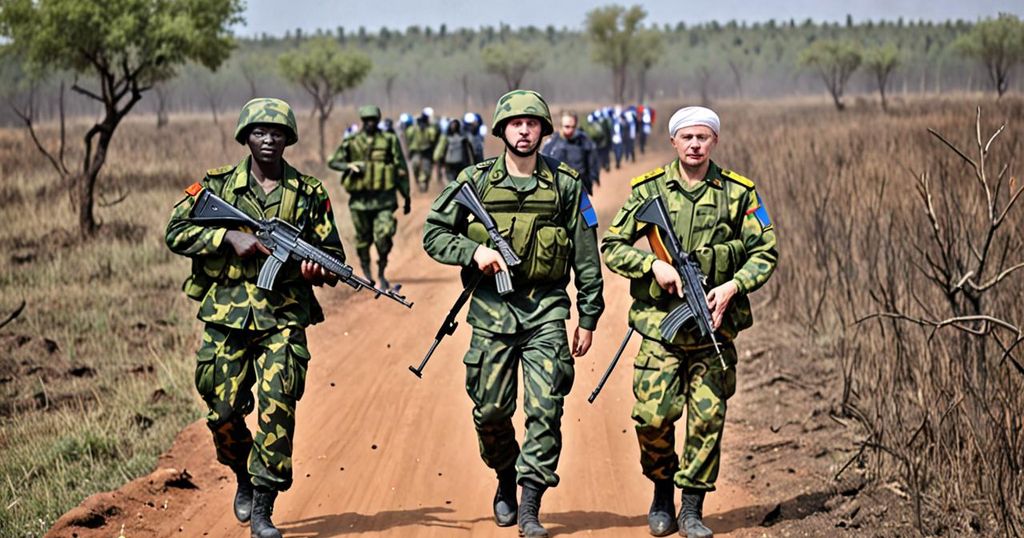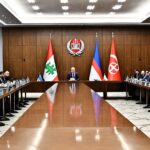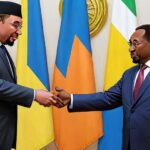Russia’s Rising Influence in Africa: A Closer Look
In recent developments, the aggressive actions of Russia in Africa have generated concerns regarding the potential spill over of the conflict between Russia and Ukraine onto the continent. With the expansion of Russian presence in various African countries, there are indications of a possible proxy war between Russia and Ukraine, a situation that could have significant implications for Africa as a whole.
A key sign of this involvement is the recent military clash involving the former Wagner Group, now referred to as the Africa Corps, in Mali. The substantial losses suffered by the Africa Corps in the battle with Tuareg separatists and jihadists suggest an intensifying struggle for influence in Africa. Furthermore, Russia has exploited the vacuum created by the withdrawal of US troops from the region, particularly in Niger, signaling the increasingly overt nature of Russia’s strategic expansion in Africa.
The country has also maintained a significant presence in Libya, a nation plagued by internal conflict. The ongoing battle in Libya, where Russian forces support the military head of the government in Benghazi, is another manifestation of Russia’s deepening involvement in the African continent.
On the propaganda front, Russia’s state-owned television network, RT, has endeavored to establish a more prominent presence in Africa through an extensive marketing campaign. The network has utilized images of liberation heroes in its advertising media and is striving to position itself as a counter-narrative to western media, aligning itself with anti-colonial sentiments. However, there is skepticism regarding the network’s real influence among young Africans, and the campaign has faced criticism for its perceived lack of relevance to the continent.
In response to Russia’s expansion, Ukraine has taken steps to bolster its presence in Africa to counter Russian propaganda and influence. The establishment of new embassies in the region and diplomatic initiatives to engage with African nations illustrate Ukraine’s commitment to thwarting Russia’s efforts on the continent.
The recent military confrontation in Mali, where Ukrainian involvement has been suggested, has had diplomatic repercussions, with Mali and Niger severing their ties with Ukraine. This incident has brought the conflict between Russia and Ukraine to the forefront in Africa, raising concerns about the continent becoming embroiled in the geopolitical confrontations of these global powers.
The Economic Community of West African States (ECOWAS) has expressed its disapproval of foreign interference in the region, underscoring the potential risks that the escalation of the Russia-Ukraine conflict in Africa poses. The involvement of external forces in the region’s conflicts could further exacerbate existing political instabilities and tensions.
While Russia’s military setbacks in Mali may indicate a temporary setback for its influence in the region, experts caution against complacency. The resilience and adaptability of Russia as a global player should not be underestimated, and its influence in Africa is likely to endure despite challenges.
The intensifying geopolitical contest between Russia and Ukraine in Africa adds a layer of complexity to the continent’s existing challenges. As Africa continues to navigate its development and stability, it must carefully manage external influences to safeguard its own interests and autonomy.
In conclusion, the evolving dynamics of the Russia-Ukraine conflict and its impact on Africa raise critical questions about the continent’s geopolitical landscape and its ability to withstand external pressures. It is imperative for African nations to remain vigilant and formulate strategic responses to safeguard their sovereignty amidst the intensifying global power play.







Post Comment